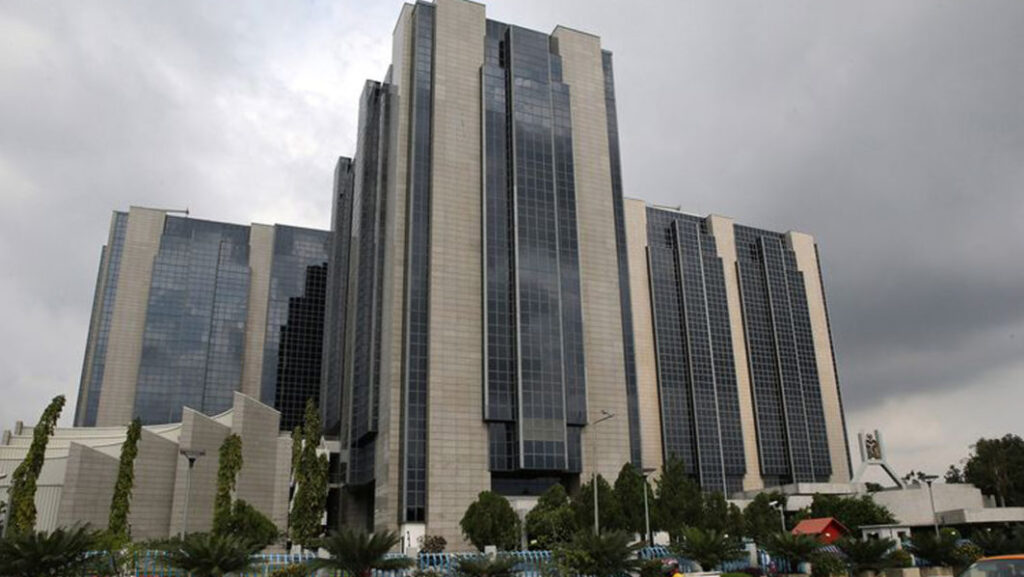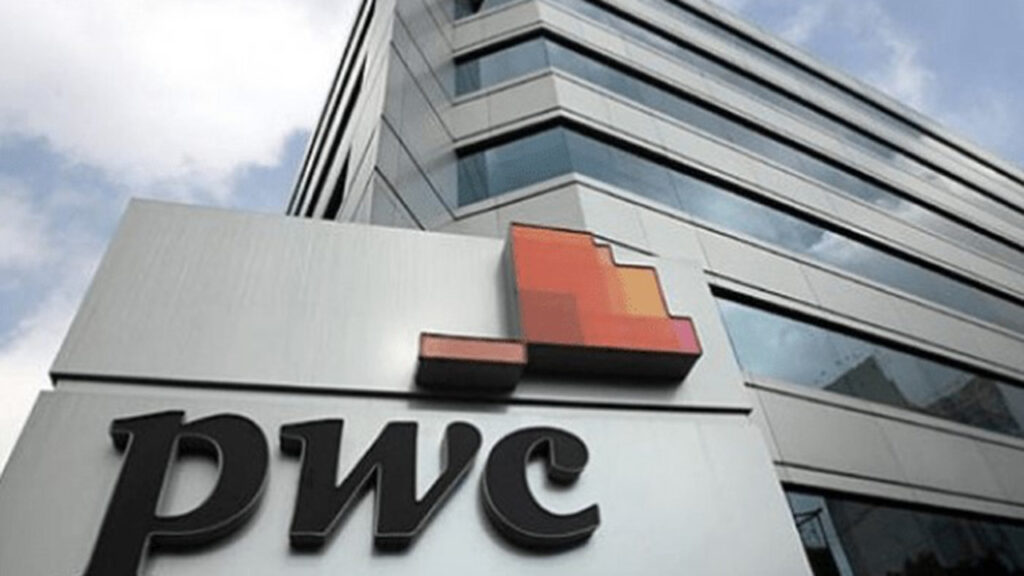
The Managing Director/CEO, FUG Pensions Limited, Usman Suleiman, in an interactive session with journalists in Lagos, gave an insight into PenCom’s decision on Union Homes Staff Legacy Fund. JOSHUA NSE was there. Excerpts
What is the update on Union Homes Legacy Fund?
Due to the misunderstanding by the management, employees and ex- employees of Union Home of the requirement of the law they now imagined that we didn’t want to pay them. So they thought coercion, intimidation and extra legal actions would solve their problem. We tried to explain the requirements as provided in the Pension Reform Act, and the regulators (PenCom) have said if you meet those requirements then you have your payment. That the fund was intact and it had grown by over 45percent from when we received it. All they needed to do to have access to the fund was to proceed as required by regulator.
Ultimately after coming here to disturb our operations, mobilize labor union and speak to the media they finally realized that what we were saying to them was the truth. When they realized that their action was not making any impact in the direction they were going, they then accepted that what we were saying to them was, perhaps, the correct position and so they decided to go back and do the right thing, and what is that, to meet the requirements of the regulator.
The former and serving employees requested for a meeting with the regulator which was accepted. We all met and it was made clear to them what the requirement were and went ahead and provided all the necessary documents required by the regulators. The regulators, after reviewing the Trust Deed and Rules and what is provided by the Pension Reform Act came up with the position as to how the payment should be made.
The regulator identified 21 pensioners and instructed that those 21 should be paid 41 months pension arrears and paid pension for life. In actual fact those 21 were earlier being paid pension for life before the company stopped it, saying that they realized that they were paying 20 of them in error and that only one was entitled. But the regulator, after reviewing all the documents came to the conclusion that all 21 were entitled to pension.
Secondly, ex-employees and the existing employees who were listed as beneficiaries of the Legacy Fund were now confirmed to be the beneficiaries to be paid in accordance with what was computed by actuarial valuation consultant. So the regulator gave us the approval to pay to the Retirement Savings Accounts (RSA) of all the former and the serving staff of the amounts that have been provided by the actuary against their individual names, to pay the 21 pensioners their 41 months arrears of pension and to continue paying them pension for life and Union Homes should be carrying out actuarial valuation on annual bases and making up for any shortfall until the last pensioner dies.
With that approval, we set up the process to liquidate the fund and pay to the RSAs of all the serving and ex-employees. We transferred the benefits to beneficiaries’ individual Pension Fund Administrators (PFAs). And for those of them that have their RSAs with us, after transferring to their accounts we proceeded to pay to their bank accounts. The same thing to other PFAs, after receiving the funds from us accredited the individual RSAs of those that have account with them and also proceeded to pay to their bank accounts.
However, there were some former and serving employees that did not have PIN numbers, that is they did not open any RSA with any PFA, those ones were required to go to any PFA of their choice and open RSA and they have been doing that. So each time they bring an RSA registration letter to us, we transfer their benefits to the PFA that they registered with and I think the PFAs also paid them. It is only those still without PINs that are still outstanding now and they are coming in fours, fives and sevens like that in a week. Otherwise, all those that had their PIN numbers before now have their money in their various RSAs. This is the position.
As for the 21 pensioners, we are still waiting for Union Homes to give us the details of payment to them because we do not know, just like others where the actuarial consultant that computed their entitlement, same thing with these pensioners, it is the Union Homes that knows their entitlements. However, Union Homes is still insisting that 20 of them are not entitled. They wrote a letter in May asking PenCom to reverse the position and allow for payment to only one pensioner while others should be dropped but to the best of my knowledge as at yesterday (last week Tuesday), PenCom has not reversed its position.
Going by the provisions of Trust Deed and Rules document, if each of these individual is entitled to pension, how can they now say that these individuals not entitled be; unless there is a different Deed which has not been provided to the Commission. Then, it is for the Commission to decide and advise them accordingly. As for us, we will only act in accordance with the decision of the Commission.
For us at FUG, we have always said that we are regulated; we will do what our regulator says. We didn’t pay them then and we wouldn’t have paid them because we didn’t have approval from PenCom. When we got the approval to pay them, we paid. Those pensioners that are now remaining, we are waiting, once the matter is resolved between the regulator and Union Homes and we are advised to pay them, we will pay. If it is only one to be paid we pay, if it is the 21 we pay and that is the end of the matter. I am glad to say that Union Homes’ former and serving employees are happy, we are also happy because we were not found wanting in this matter.
Given your experience in tackling this matter, what message do you have for the public?
The message I want to give to the public is two; one, the public should continue to have confidence in the new pension system. This system is fraud free and full proof. This system is well and properly regulated therefore the public should not have any worries about the security, integrity and efficient running of this system. Two, the public should also understand that all that was put across by the former and current employees of Union Homes on this matter in the media was not correct. The correct position is that the fund was intact, we were waiting for approval and when we got the approval we paid. The snag was the inability of Union Homes to do what was required and when they did, PenCom approved payment and we paid. And finally I want to assure the public that our company is a highly ethical company, we value our integrity and operate within regulatory boundaries and the internationally accepted code of conduct. We cannot do anything that would jeopardize our image or would be against the regulatory requirements. So the public should continue to have confidence in this system and should continue to have trust and confidence in FUG Pensions.
What would say about the PenCom in this matter?
PenCom has done very well in this matter because they stood by the law. PenCom did not allow itself to be stampeded into acting outside the law and which is very good because it means that our institutions are being strengthened. Overtime what we have in this country is the rule of law being circumvented in deference to individuals or groups. If PenCom had succumbed in this matter, it could have as well succumbed in other matters and the institution will not have the strength to act and enforce the provisions of the law.
PenCom had really done well in this case of Union Homes; it was a test case. A similar situation had not occurred since the commencement of this pension system in 2004. An existing fund which was expected to have remained in perpetuity to the last person leaves service and the last beneficiary dies, was being liquidated at once due to the fact that the Fund sponsor, Union Homes was sold and everybody was disengaged; that wasn’t anticipated. The Commission stood firm and ensured that the right thing was done. The Commission should be commended for that.
The draft regulation on the investment of pension funds in infrastructure was recently submitted by PenCom for input by stakeholders, what is its impact on the industry when it finally becomes a guideline?
Pension funds are long term funds. They are funds that are intended to accumulate and grow. From the time a contributor commences work to the time he is to retire is a period of about 35 years, effectively meaning that it is a long term fund. You therefore expect to have accumulation of fund. You then should have substantial outlets for investing these funds; the fund has a great role to play in the economy. The new law has provided an avenue for the Commission to come up with various classes of assets which will be eligible for investment by the fund.
Two things will happen; one is that the pension fund managers will have a wider avenue for beneficial investment of these funds and two, the economy now will be benefitting from the accumulation of these huge funds. Investment in infrastructure requires high capital outlay with a long period but it is a high return investment. Therefore in marching the fund and investment, has to be right. Pension fund is the right fund in that regard. Once a proposal is well packaged and it meets all regulatory requirements, amongst which is security of the fund, it will become eligible to be invested in by pension fund managers. In addition, the project must be packaged in accordance with globally accepted standards.
And I want to add here that the multiple fund structure which PenCom has been working on for sometime to enable pension contributors have a choice in their risk exposure by deciding in which fund they would want their contributions to be invested is also in the course of being implemented. The final regulation is expected to be released soon. The contributor will have a choice of about four different funds. The Aggressive Funds which will be for younger generation of 35 years and below who will be willing to take risk to achieve higher return on investment. That fund will have a greater percentage in variable income instruments, basically investments in equities. This will be a high risk high return fund. Then you have a fund for those from 35 to 40 years who will be a little more conservative and then you have a fund for those who are 50 and above and are therefore approaching retirement. They will have more of fixed income because the security at that point becomes very paramount. You also have the non-interest/ethical or sharia compliant fund.
With all this development and with the fund growing at the rate it is growing presently, with the expectation of the real sector of the economy turning, increasing rate of employment we expect the increased accumulation of the fund at a higher rate than it is at present.
As at the last count, the total pension asset under management was put at N4.6trillion, what is the current value?
The N4.6trillion is quite recent, that is as at first quarter of the year. We will have that half year figure at the end of second quarter. As you have said it is above N4trillion with about 6.3 million registered contributors.
For FUG Pensions, what has been the operation like and of course, the prospect?
For us at FUG we remain focused on our goal. Our vision as we always say is “to be the most trusted name in Pension Fund management.” And I’m proud to say that we have actually maintained that. In fact what happened recently regarding Union Homes truly reinforced that. We are looking to grow at a much faster pace than we are doing at present. And by the time we clock 10 years of licensing, we hope to be among the top five PFAs.
What would you like to say to your customers/contributors?
What I will like to tell our contributors is that we remain a trusted and highly ethical firm. We operate with a total and complete regulatory guidance and focus and we will continue to operate with best global practices as it is stated in our mission statement. All our operations are guided by compliance with regulations, high ethical standards and global best practices and expertise in management.
Now I want to say to our contributors that they can carry out an assessment on FUG Pensions. In fact, at FUG Pensions, as far as return on the fund is concerned, and as far as customer service is concerned, we are among the best. We are very much aware that key issues are positive real returns on investment and efficient customer service. We assure them that we are continually improving. Our quality service policy has clearly stated that and relatively our returns are among the best in this industry.
What is your assessment of PRA 2014?
The PRA 2014 has substantially taken cognizance of all the issues that have come up during the 10 years we had been operating with the 2004 Pension Reform Act. It has particularly taken cognizance of issues like contribution. It is now 18 percent from 15 percent. It has taken cognizance of number of employees in an organization to make enrolment mandatory. Instead of five it is now three. It has brought about very stiff penalty for any attempt to defraud or embezzle pension funds.
Even though we have not experienced a single fraud in the 10 years this system has been operating but it is the foresight on the side of the regulators to institute penalties for any attempt to defraud the system. And I want to assure our contributors that they do not only have secured future in retirement when they have their RSA but also assuring them that when they go the way of Programmed Withdrawal on retirement, they even have the assurance that they have guaranteed minimum pension as guided by the law and pension regulators.
“I doubt if that position will be reversed because before PenCom went ahead to confirm that all the 21 are entitled to pension, they had studied the Fund Trust Deed and Rules which is the condition under which each employee will benefit from that Legacy Fund.”











